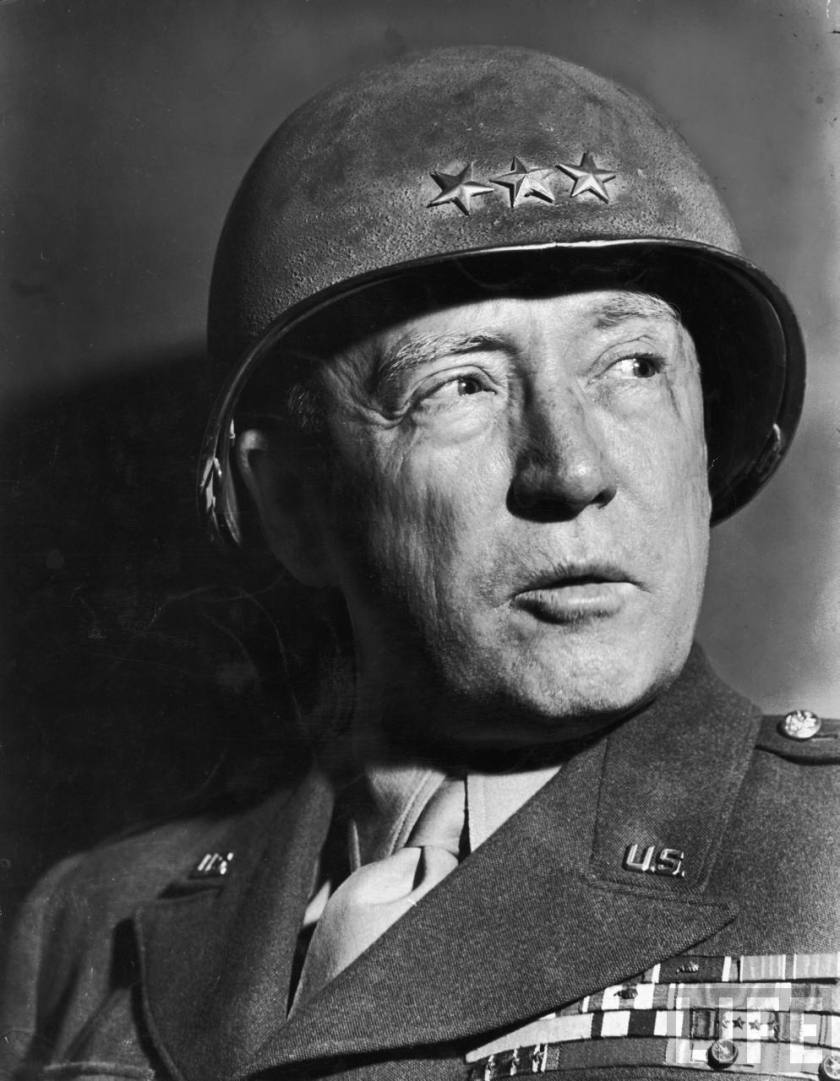Atlantic
"When George Cabot Lodge, a professor emeritus at Harvard Business School, talks of the prewar years, he remembers a specific game of tackle football he played as a 10-year-old, and the man screaming and swearing on the sidelines. The man was wearing boots and breeches, apparently just off a horse, and was exhorting his son with four-letter words to “get in there and fight!”
It was 1937. America was at peace. George S. Patton was not. So conspicuous was the cavalryman among the mothers (and it was only mothers, Lodge recalls) at the Shore Country Day School on Boston’s genteel North Shore that Lodge remembers feeling bad for Patton’s son (also named George), who was playing tackle. Lodge, whose father had just been elected to the Senate, was playing guard.
The next time Lodge saw Patton was 1942. The Lodges and the Pattons went for a picnic at Fort Benning. On the way home, Senator Lodge took Patton’s military vehicle and Patton drove the Lodges’ civilian car, with Mrs. Lodge up front and Lodge the younger in back. “We were racing along this straight road, going about 70, when all of a sudden Patton takes his ivory-handled revolver out of his holster and starts shooting in the air,” Lodge recollects. “I guess to liven up the trip for me.” A military policeman pulled him over, as if on script, to receive the obligatory “Don’t you know who the hell I am?” Then, Lodge says, Patton “clapped the embarrassed MP on the shoulder and said, ‘That’s all right, young man. You’re just doing your job.’ And then he pulled onto the road and sped away, pistol blazing.”
Decades after Patton made his historic mechanized thrust across the plains of Europe, the World War II veteran and social historian Paul Fussell told a reporter that he wanted to write a book about the general. It was going to ask: “Is success in generalship related to the perversion of being a bully in social life?”
The book never came to pass. But Patton is a valuable case study on several counts. First, Lodge’s story underscores the importance of context: traits that serve you well in one context (wartime Europe) do not necessarily serve you well in another (peacetime Massachusetts), which would recommend a kind of adaptability that Patton lacked.
But second, Patton raises the question of the jerk’s value to the group. Bullying his own soldiers got Patton reprimanded and sidelined (in 1943, he’d slapped two privates suffering from battlefield fatigue and awaiting evacuation). His ability to bully the enemy is what restored him to favor five months later."

Wasn't he involved in some bullying at the Bonus March too?
ReplyDelete